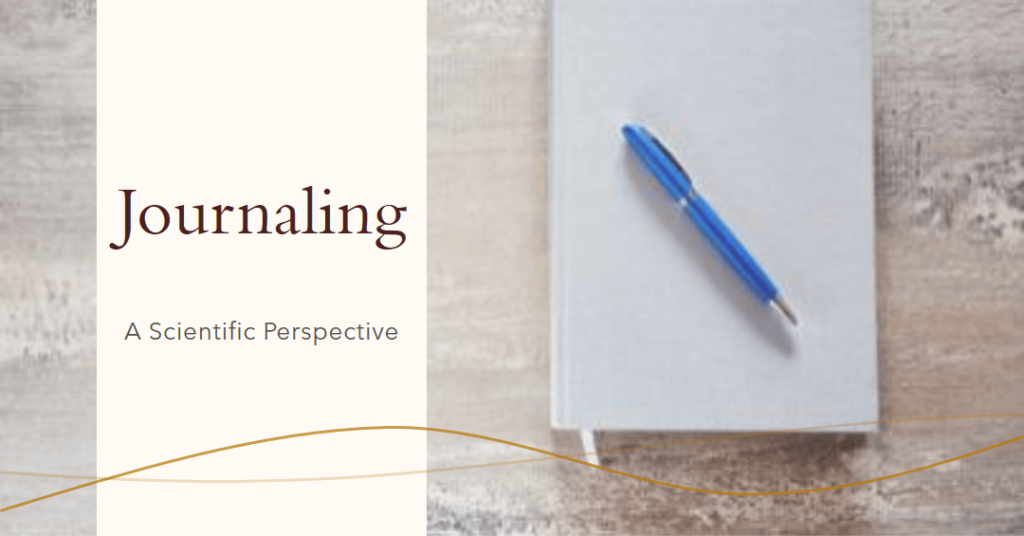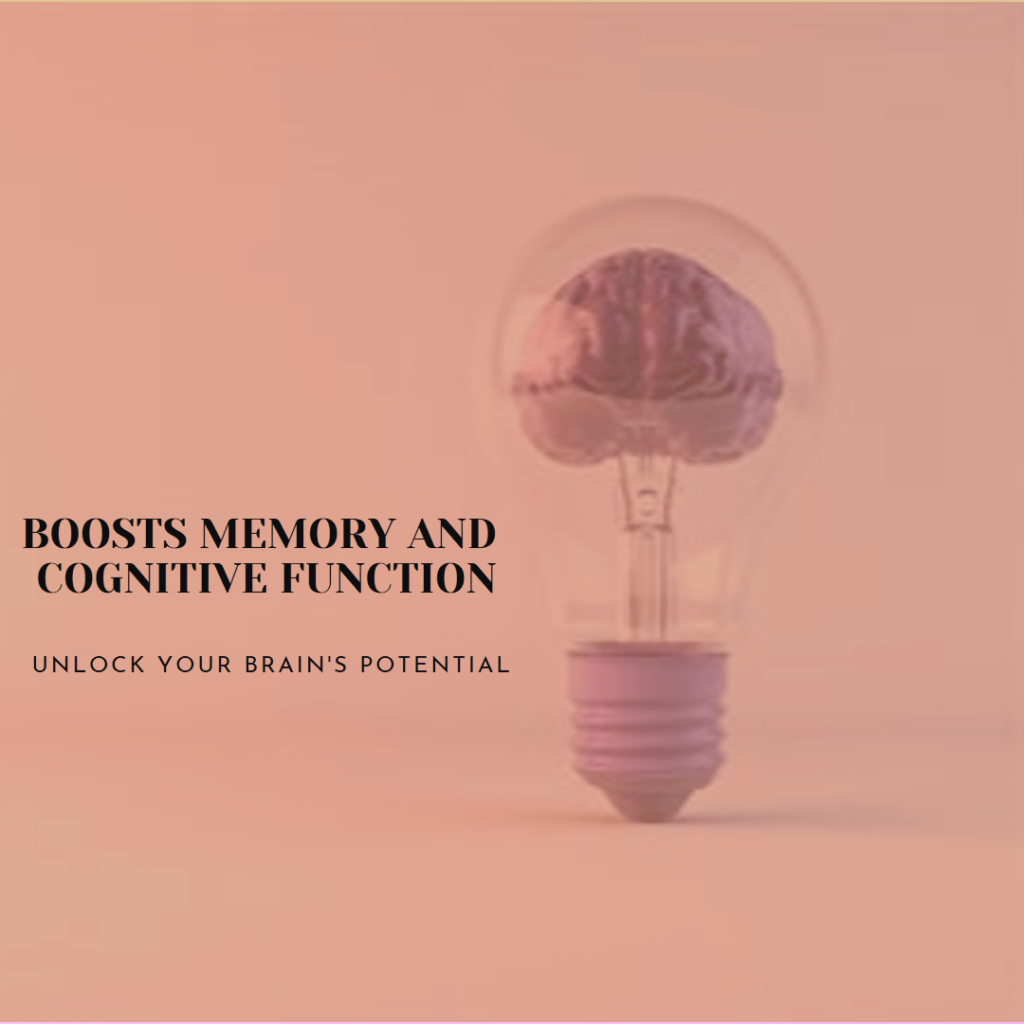Unlocking the Mind
Journaling has long been revered for its therapeutic and expressive qualities, but did you know that there’s also a wealth of scientific evidence supporting its profound effects on brain function? In this exploration, we’ll delve into the fascinating world of neuroscience to uncover how journaling can benefit your brain in myriad ways. From enhancing memory and problem-solving skills to regulating emotions, the act of putting pen to paper (or fingers to keyboard) has transformative effects that extend far beyond the pages of a journal.

The Neuroscience of Journaling
At its core, journaling engages multiple regions of the brain, including those responsible for language processing, memory formation, and emotional regulation. When we write or type, we activate neural pathways involved in motor coordination, sensory perception, and cognitive processing. This multi-sensory experience not only strengthens connections between brain regions but also enhances neural plasticity—the brain’s ability to reorganize and adapt in response to new experiences.
Memory and Cognitive Function
Numerous studies have demonstrated the positive impact of journaling on memory and cognitive function. Writing about past experiences, for example, has been shown to improve memory recall and autobiographical memory.
By engaging in reflective writing, individuals consolidate memories, organize thoughts, and make connections between disparate pieces of information.
This cognitive process, known as elaborative encoding, strengthens neural pathways associated with long-term memory storage.
Furthermore, journaling can enhance problem-solving skills and creative thinking. By externalizing thoughts and ideas, individuals gain new perspectives and insights into complex problems.

The act of writing clarifies thoughts, facilitates brainstorming, and fosters divergent thinking—the ability to generate novel solutions to problems. In essence, journaling serves as a cognitive tool for exploring, analyzing, and synthesizing information, leading to improved problem-solving abilities both in the short and long term.
Emotional Regulation and Well-Being

Beyond its cognitive benefits, journaling also plays a crucial role in emotional regulation and psychological well-being. Expressive writing, in particular, has been linked to reductions in stress, anxiety, and depressive symptoms.
By putting feelings into words, individuals gain a sense of control over their emotions, allowing them to process difficult experiences and gain perspective on their thoughts and feelings.
Moreover, journaling serves as a form of self-reflection and self-expression, fostering greater self-awareness and emotional insight.
Through introspective writing, individuals explore their values, beliefs, and goals, leading to increased self-understanding and personal growth.
By acknowledging and validating their emotions through journaling, individuals develop greater resilience and adaptive coping strategies in the face of adversity.
Real-Life Transformations
The transformative power of journaling is perhaps best illustrated through real-life anecdotes and testimonials.
Countless individuals have experienced profound shifts in their lives as a result of incorporating journaling into their daily routines.
From overcoming trauma and grief to achieving clarity and purpose, the act of journaling has provided solace, guidance, and empowerment to people of all ages and backgrounds.
For example, Nour, a busy professional overwhelmed by work-related stress, began journaling as a way to manage her emotions and gain perspective on her priorities.
Through regular journaling sessions, Nour discovered patterns of behavior and thought that were contributing to her stress.

By setting aside time to reflect on her experiences and emotions, Nour learned to cultivate self-compassion, set boundaries, and prioritize self-care, leading to greater balance and fulfillment in her life.
Similarly, Taha, a retiree grappling with feelings of loneliness and isolation, turned to journaling as a means of reconnecting with himself and others. By writing about his experiences, memories, and aspirations, Taha discovered a renewed sense of purpose and connection to the world around him. Through journaling, Taha found solace in his own thoughts and memories, rediscovering the joy of self-expression and creativity.
Conclusion
The science behind journaling reveals its profound effects on brain function and psychological well-being. By engaging in reflective writing, individuals can enhance memory, problem-solving skills, and emotional regulation, leading to greater resilience and fulfillment in life. Whether through expressive writing, gratitude journaling, or creative exploration, the act of putting pen to paper offers a powerful means of self-discovery and transformation. So why not embark on your own journey of journaling today? Your brain—and your well-being—will thank you for it. See Habitual Health

I want to extend a heartfelt thank you for taking the time to read this blog post. I hope it was informative, insightful, and most importantly, useful to you. Mental health is an important topic that affects us all, and I’m grateful for the opportunity to share my thoughts with you.
If you have any thoughts or comments, I encourage you to leave them in the comment box below. Your feedback is essential to me and helps me create content that is tailored to your needs.
If you found this post helpful, please subscribe to my newsletter for more resources and updates on mental health. You can also reach out to me via email if you have any questions or just want to chat. Remember, taking care of your mental health is important, and you are not alone.
I have been journaling about a decade now and to be honest I had no clue about any of the benefits you mentioned here. It’s also comforting to see that what you shared is rooted in neuroscience. I found the term ‘elaborative encoding’ interesting and I’m going to read more about it.
This is a useful piece, thank you for writing.
You are welcome. I am glad you found it useful and thank you for being a part of our community.